Author: paul
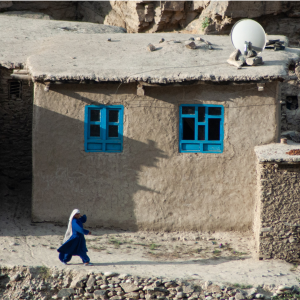
Afghanistan National Peace and Development Framework (ANPDF) 2017-2021
Click image to view PDF Afghanistan National Peace and Development Framework (ANPDF) is a long-term development narrative to provide high-level guidance to the government and stakeholders. The framework sets the political, security and socio-economic outlook, fiscal forecast, fiscal strategy, development strategy, and development partnership for the development of agriculture, trade and industries. The framework will [...] Read More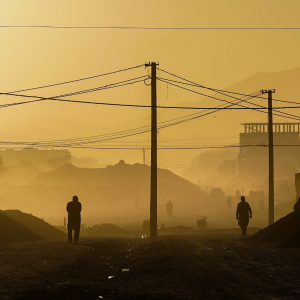
Afghanistan Legislative Decree on the Endorsement of the Power Services Regulation Act
Click image to view PDF The Legislative Decree on the Endorsement of Power Services Regulation Act of Afghanistan lays the objective to ensure the supply of electrical energy, improve the quality of energy services, economic growth and development, public access to electricity, regulation of electric affairs, etc. The Act covers several articles covering themes like [...] Read More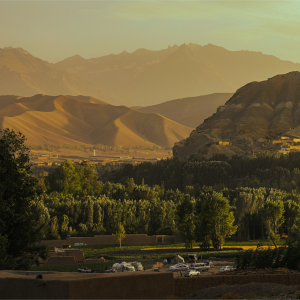
Afghanistan Law on Regulating Forest Affairs
Click image to view PDF The Law on Regulating Forest Affairs of Afghanistan seeks to fulfill a range of objectives like sustainable management of forest resources, preventing pollution, wind and water erosion, and protecting the lakes, reservoirs and dams from being inundated with sand and soil. The Law includes articles on regulating forest affairs: Article [...] Read More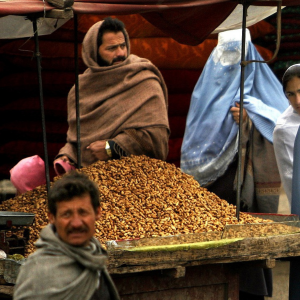
Afghanistan National Comprehensive Agriculture Development Priority Program
Click image to view PDF The National Comprehensive Agricultural Development Priority Program of India is based on the vision to provide food and nutrition security, and balanced economic growth resulting in stability and economic empowerment of women and men. The program document covers areas like strategic sector priorities, drivers and enablers and implementation strategy. Read More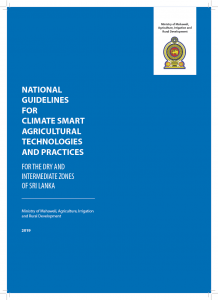
National Guidelines for Climate Smart Agricultural Technologies and Practices for the Dry and Intermediate Zones of Sri Lanka
The National guidelines for Climate Smart Agricultural Technologies and Practices for the Dry and Intermediate Zones of Sri Lanka includes the challenges faced by Sri Lanka agriculture sector, the existing practices in agricultural production systems and recommendations. Additionally, it covers the climate smart agriculture applications in other countries and CSA adoption in the dry and [...] Read More
Training Manual on Climate Smart Agriculture
The training manual on Climate Smart Agriculture of Sri Lanka covers guidelines for manager, trainer, lesson plan, section on visual aid etc. Download PDF Read More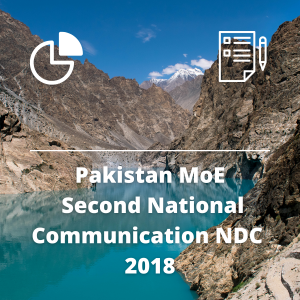
Pakistan’s Second National Communication on Climate Change
Click image to view PDF Pakistan’s Second National Communication contains updated information and consolidated efforts undertaken on climate change mitigation and adaptation. It focuses on Greenhouse Gase (GHG) inventory and temperature and precipitation changes projected for 2020, 2050 and 2080. Read More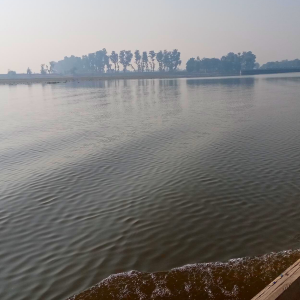
Pakistan Water Charter
Click image to view PDF Pakistan Water Charter commits to achieving water security for people by fostering infrastructural development and water resource planning. Read MorePakistan National Policy Guidelines on Vulnerable Groups in Disaster
National Policy Guidelines on Vulnerable Groups in Disasters of Pakistan aims to meet the needs of vulnerable segments of the population, catering to the needs of specific groups, safeguarding equitable access, and ensuring balanced and active participation of vulnerable groups. The policy also includes chapters on issues and challenges of vulnerable groups, and guidelines on [...] Read More
